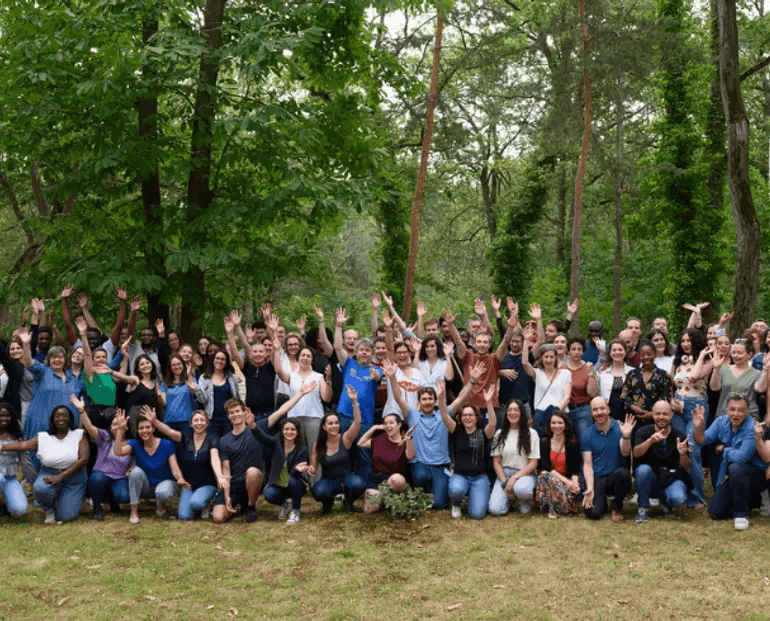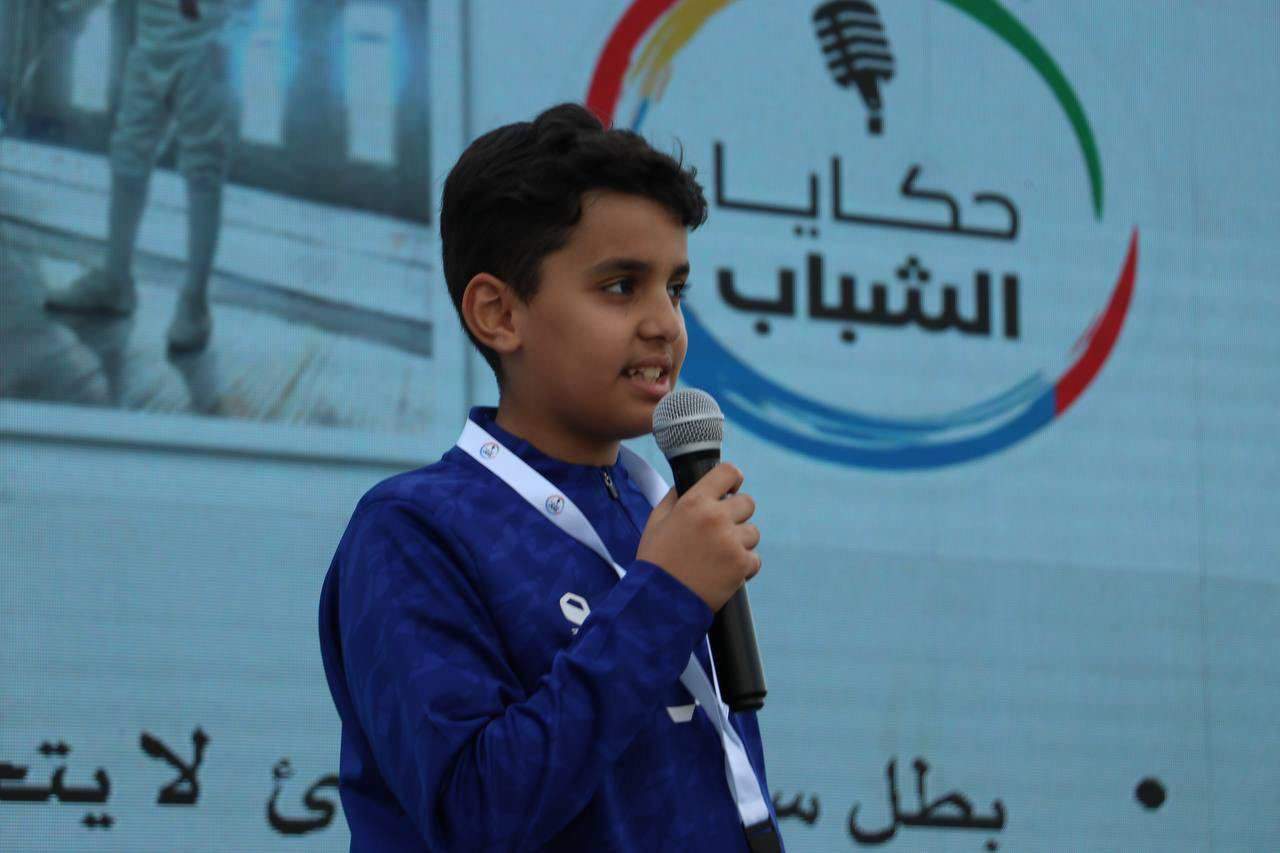National Youth Debate (NYD)
Empowering youth with critical thinking and public speaking skills through structured debate sessions on national and global issues.
Last Updated: October 9, 2025

Best Practice Overview
Empowering youth with critical thinking and public speaking skills through structured debate sessions on national and global issues.
Objectives:
- Enhance youth’s analytical and communication abilities.
- Promote civic engagement and awareness of societal issues.
- Build a culture of constructive dialogue and respectful discourse.
Duration of the Initiative:
- Annually (Ongoing since 2020).
Positive Impact:
- Engaged over 5,000 youth nationwide.
- Improved participants’ public speaking and reasoning skills.
- Strengthened youth awareness of social and political issues.
Target Group:
- High school students in the eleventh grade from public and private schools across 25 provinces in Cambodia.
Preparation Phase:
- Program vision: Develop a clear agenda reflecting national priorities and global issues such as sustainable development, digital transformation, and governance.
- Identifying partners: school rector, provincial officials, NGOs, debate clubs, and private sector sponsors to provide resources and expertise.
- Organizational committee structure: Establish teams for logistics, training, evaluation, and media relations.
- Timeline: Step-by-step plan covering registration, training sessions, preliminary rounds, and the final debate.
- Media plan: Use diverse channels such as social media, print media, and community outreach to maximize visibility and participation.
- Resources: Secure funding for venue rentals, participant materials, travel subsidies, and awards.
- Participant selection mechanism: Introduce an online application platform with detailed guidelines to ensure fairness and inclusivity.
Implementation Phase:
- Program registration: Launch a nationwide call for participants, targeting high schools.
- Managing the initiative: Provide intensive workshops on debate formats, critical thinking, and rebuttal strategies led by experienced trainers.
- Monitoring performance: Employ judges and mentors to track participant progress and provide constructive feedback.
- Documentation: Record key moments, participant testimonials, and judges’ observations for reports and promotional content.
Post-Initiative Phase:
- Evaluating the initiative: Conduct comprehensive assessments through participant surveys, stakeholder interviews, and post-event reviews.
- Preparing the final report: Compile a detailed report featuring outcomes, challenges, and future recommendations.
- Follow-up: Develop an alumni network, organize regular meetups, and provide mentorship opportunities for participants.
Other Best Practices
Explore similar initiatives that have empowered youth in entrepreneurship and innovation.
Civic Service
Civic Service is a voluntary program for youth (16-25, up to 30 for those with disabilities) offering monthly financial compensation. Lasting 6-12 months in France or abroad, it involves at least 24 hours per week in sectors like health, education, environment, and humanitarian action.
Youth Stories
The event features inspiring stories and sports experiences, with 14 speakers each having 18 minutes to share insights.
Youth Creativity League
The Youth Creativity League is an initiative launched by the Public Authority for Youth under the leadership of H.E. Abdulrahman Al-Mutairi, Minister of State for Youth Affairs.





